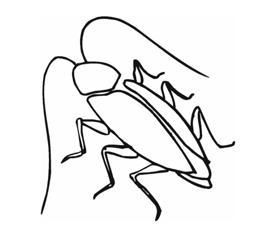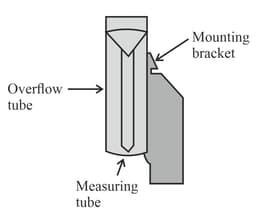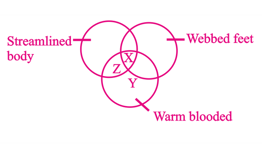Read the following statements carefully and select the option which correctly identifies true (T) and false (F) ones.
(i) The seasonal movement of the complete population of an animal from one area to another is termed as migration.
(ii) Heavy and solid bones help penguins to swim through the water at a speed upto 15 miles per hour.
(iii) Toucans have four clawed toes in each leg, two in front and two at the back.
(iv) Most rainforests lie between the Tropic of Cancer and the Tropic of Capricorn, that is why they are often called tropical rainforests.
(i)
(ii)
(iii)
(iv)
(A)
F
T
T
T
(B)
T
T
F
T
(C)
T
F
T
T
(D)
F
F
F
T
(i) The seasonal movement of the complete population of an animal from one area to another is termed as migration.
(ii) Heavy and solid bones help penguins to swim through the water at a speed upto 15 miles per hour.
(iii) Toucans have four clawed toes in each leg, two in front and two at the back.
(iv) Most rainforests lie between the Tropic of Cancer and the Tropic of Capricorn, that is why they are often called tropical rainforests.
Important Questions on Weather, Climate and Adaptations of Animals to Climate
(i) Polar bears have two thick layers of fur, as well as a layer of fat under the skin.
(ii) At the poles, there is six months of day and six months of night.
(iii) The day-to-day conditions of the atmosphere at a place with regard to factors like temperature, humidity, rainfall, speed and direction of wind, etc., is called the climate of that place.
(iv) Seals have a thick deposition of fat, called blubber that protects them from the cold.
Which of these statements are correct?
The organism in the given figure has a flattened body shape. This characteristic helps the organism to

The figure shows an instrument that is used to measure _____.

(a) In India, rain is mainly brought by two kinds of humidity-laden winds, and _____.
(b) Scientists who study and predict weather are known as _____.
(c) The climate in Kerala is _____ and _____.
Select the option which correctly fills the blanks in any two of these statements.
The lizard is well-adapted to live in human dwellings. Which function of its adaptations is incorrectly described?
| Adaptation | Function | |
| (A) | Long, sticky tongue | To catch fast moving prey |
| (B) | Long, narrow and flat body | To crawl between narrow crevices and spaces easily |
| (C) | Sticky pads on the underside of the feet | To walk on walls and ceilings without falling |
| (D) | Tail that can drop off and wriggles for a while | To attract mates for reproduction |
Select the correct option for the given fill in the blanks:
(i) Camel’s skin does not possess _____ glands.
(ii) The Siberian crane migrates from Russia to India as the _____ approach.
(iii) Many birds living in polar regions _____ to warmer regions in winters.
(iv) The places near the equator are usually _____ because near the equator
Sun’s rays fall _____.
Fill up the blanks by selecting the correct option.
| (i) | (ii) | (iii) | (iv) | |
| (A) | Sweat | Winters | Migrate | Hotter, Vertically |
| (B) | Sweat | Winters | Hibernate | Hotter, Horizontally |
| (C) | Sweat | Summers | Migrate | Colder, Horizontally |
| (D) | Sweat | Summers | Migrate | Colder, Vertically |
Refer to the given Venn diagram and select the correct statements regarding animals X, Y and Z.

(i) Y can close its nostrils and remain underwater for long duration.
(ii) X possess glands under the eyes that help the body to get rid of excess salt.
(iii) Blubber is present under the skin of X and Z which protects them from cold.
(iv) X and Y are adapted to live in extremely cold climate of polar regions.
(v) Y live in groups and huddle together to keep themselves warm.
(vi) Z camouflage with the surrounding to avoid predators.
